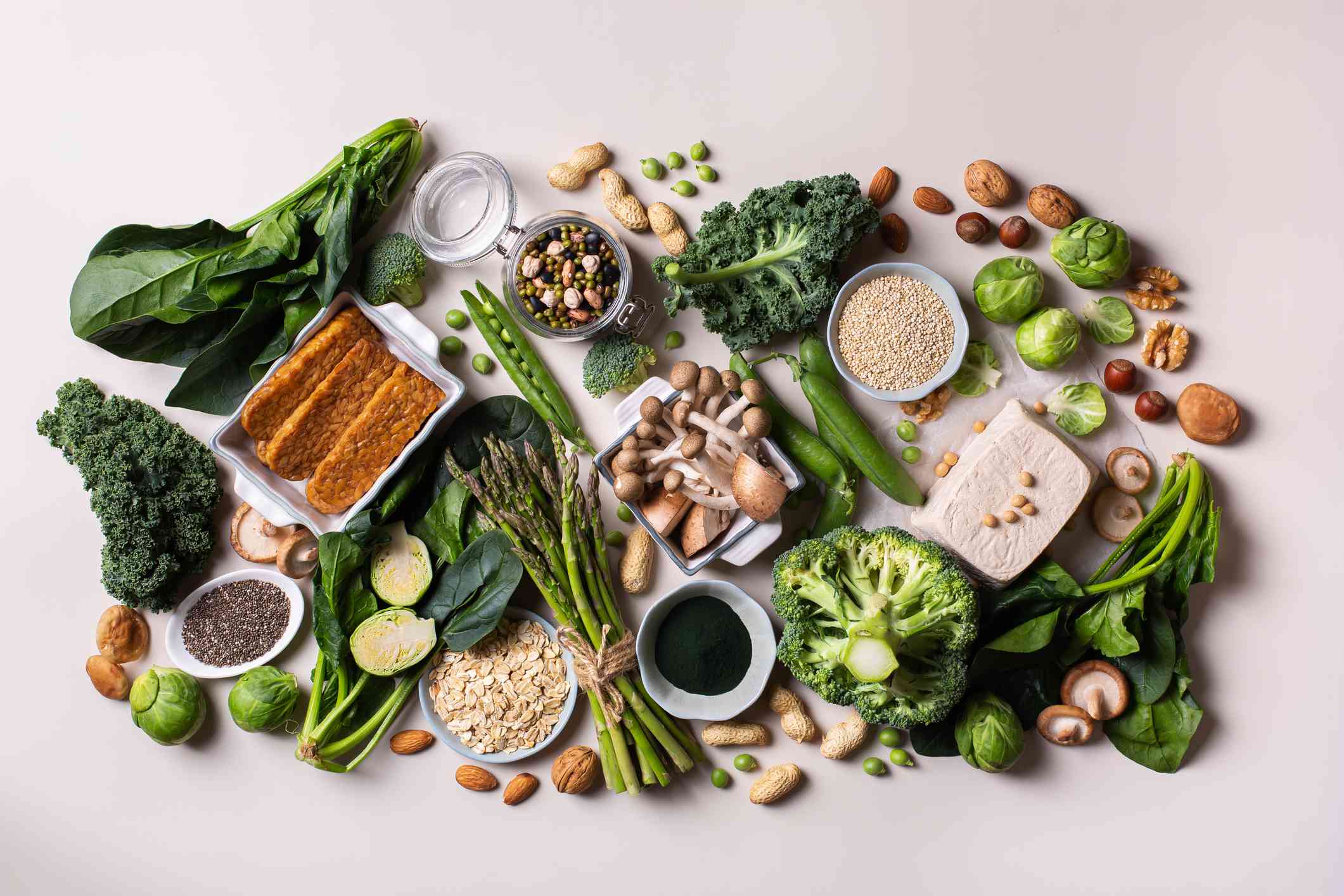
In the realm of nutrition, protein often takes center stage for its crucial role in muscle repair, immune function, and overall health. While meat and dairy products are commonly associated with protein, there’s a lesser-known powerhouse lurking in the produce aisle: vegetables. Yes, you read that right – vegetables can be an excellent source of protein, and incorporating them into your meals can add both flavor and nutrition to your diet.
Here’s a breakdown of some protein-rich vegetables that can enhance your meals and provide you with a plant-based protein boost:
- Edamame: These young, green soybeans are not only delicious but also pack a punch when it comes to protein content. Just half a cup of cooked edamame contains around 11 grams of protein, making it a perfect addition to salads, stir-fries, or enjoyed as a snack on its own.
- Lentils: Lentils are a staple in many cuisines around the world and for good reason. These legumes are not only rich in protein but also high in fiber and various essential nutrients. With approximately 18 grams of protein per cooked cup, lentils can be used in soups, stews, curries, or even as a meat substitute in dishes like lentil burgers or meatballs.
- Chickpeas: Whether roasted for a crunchy snack or blended into creamy hummus, chickpeas are a versatile and protein-packed legume. A cooked cup of chickpeas contains around 15 grams of protein, making them a filling addition to salads, wraps, and grain bowls.
- Quinoa: Often mistaken for a grain, quinoa is actually a seed that’s gluten-free and loaded with protein. In fact, it’s one of the few plant foods that contain all nine essential amino acids, making it a complete protein source. With approximately 8 grams of protein per cooked cup, quinoa can be enjoyed as a base for salads, mixed into soups, or served as a side dish.
- Spinach: Popeye wasn’t wrong – spinach is a nutritional powerhouse, and its protein content shouldn’t be overlooked. While it may not have as much protein as some other vegetables on this list, spinach still provides around 5 grams of protein per cooked cup, along with an array of vitamins and minerals. Add spinach to omelets, smoothies, or pasta dishes for a nutritious boost.
- Broccoli: This cruciferous vegetable isn’t just great for its fiber content – it’s also surprisingly rich in protein. With approximately 3 grams of protein per cooked cup, broccoli can be steamed, roasted, or stir-fried to add a nutritious crunch to any meal.
Incorporating these protein-rich vegetables into your meals is not only a tasty way to enhance your dishes but also a smart way to boost your protein intake, particularly if you’re following a plant-based diet or looking to reduce your consumption of animal products. So next time you’re planning your meals, don’t forget to load up on these veggie powerhouses for a nutrient-packed plate that’ll leave you feeling satisfied and energized.
Recent Posts
- Pakistani Designers in the Spotlight
- Sanwal Yaar Piya Trailer Out Now:
- EDUCATION: To educate more than 34,000 females, this 29-year-old Indian raised ₹3 crore on his own.
- First look at Humayun Saeed and Sajal Aly in the new Pakistani drama “Main Manto Nahi Hoon”
- Teaser for Laiba Khan’s Upcoming Drama
Recent Comments
Search
Recent Post
Pakistani Designers in the Spotlight
- September 10, 2025
- 1 min read
Sanwal Yaar Piya Trailer Out Now:
- September 3, 2025
- 1 min read
EDUCATION: To educate more than 34,000 females,
- July 19, 2025
- 2 min read










